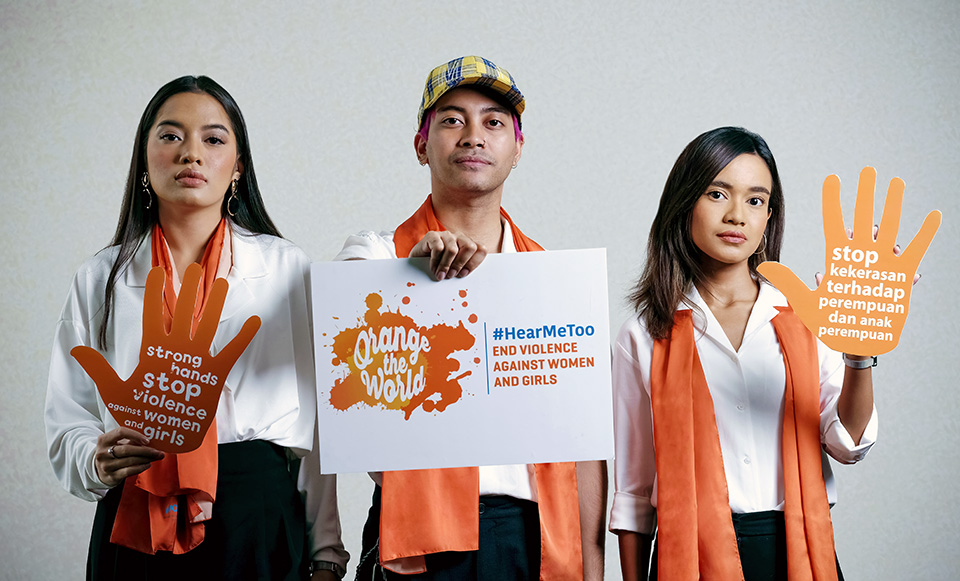Natasya’s Blog
For the sake of Indonesia’s women, we need to pass the sexual violence bill
Date: Monday, January 13, 2020
Author: Natasya Fila Rais

The Beijing Declaration and Platform for Action calls upon Governments to enact and enforce legislation to punish perpetrators of violence against women, and to protect and help survivors recover. If Indonesia passes the Elimination of Sexual Violence Bill, the country can take a big step forward in meeting its commitments to the Beijing agreement.
The House of Representatives failed to pass the Bill during its most recent session, but the House and the Government have given priority to its passage this year. The Bill regulates both punishments for perpetrators and protections for their victims. It covers sexual harassment, sexual exploitation, forced contraception, forced abortion, rape, forced marriage, forced prostitution, sexual slavery, sexual torture, sexual violence committed by children, crimes committed by corporate entities, and other crimes related to sexual violence.
For rape, the Bill sets a maximum jail sentence of 13 years, a year longer than the maximum sentence for that offense in the Penal Code. For forced marriage, the Bill sets a maximum sentence of six years; the country’s existing laws do not stipulate any punishments for forced marriage.
The Bill also regulates court procedures in prosecuting sexual violence crimes. Indonesia’s Criminal Procedure Act does not provide for specific procedures for specific types of crimes. The Bill, however, establishes a formal proper procedure for providing sexual violence victims with legal assistance, psychological counselling and help with language difficulties. Parents are required to accompany and assist victims during court sessions.
The Bill would give Indonesia its first regulation on sexual violence under one act. Currently, punishments for perpetrators of crimes targeting women are scattered among laws such as the Penal Code, the Law on the Elimination of Domestic Violence, and the Human Trafficking Law. Also, the Bill covers types of sexual violence attacks that the existing laws do not.
We need this Bill because violence against women is widespread in Indonesia. According to the National Commission on Violence against Women Annual Report in 2019, the number of cases reported to the commission rose from 348,466 in 2017 to 406,178 in 2018. Of the 2018 total, 2,988 were sexual violence cases. These numbers, of course, do not include cases in which the victims could not report the attacks or did know how to report, or were too afraid to report.
The Bill will help reduce the number of attacks. It recognizes that victims have rights and ensures that will be properly treated and not discriminated against. It’s vital to promote public awareness of the new Bill. But other measures also are needed to combat sexual violence. We must:
- increase cooperation between the Government and non-governmental organizations working on gender equality and protection of sexual violence survivors
- encourage all institutions to create more gender-responsive policies
- expand measures to protect and to give legal guidance to victims on school campuses, where attacks often occur

Natasya Fila Rais, 20, lives in Jakarta. She is a writer, actress and musician. Natasya has written several academic articles on gender equality for international and national journals.